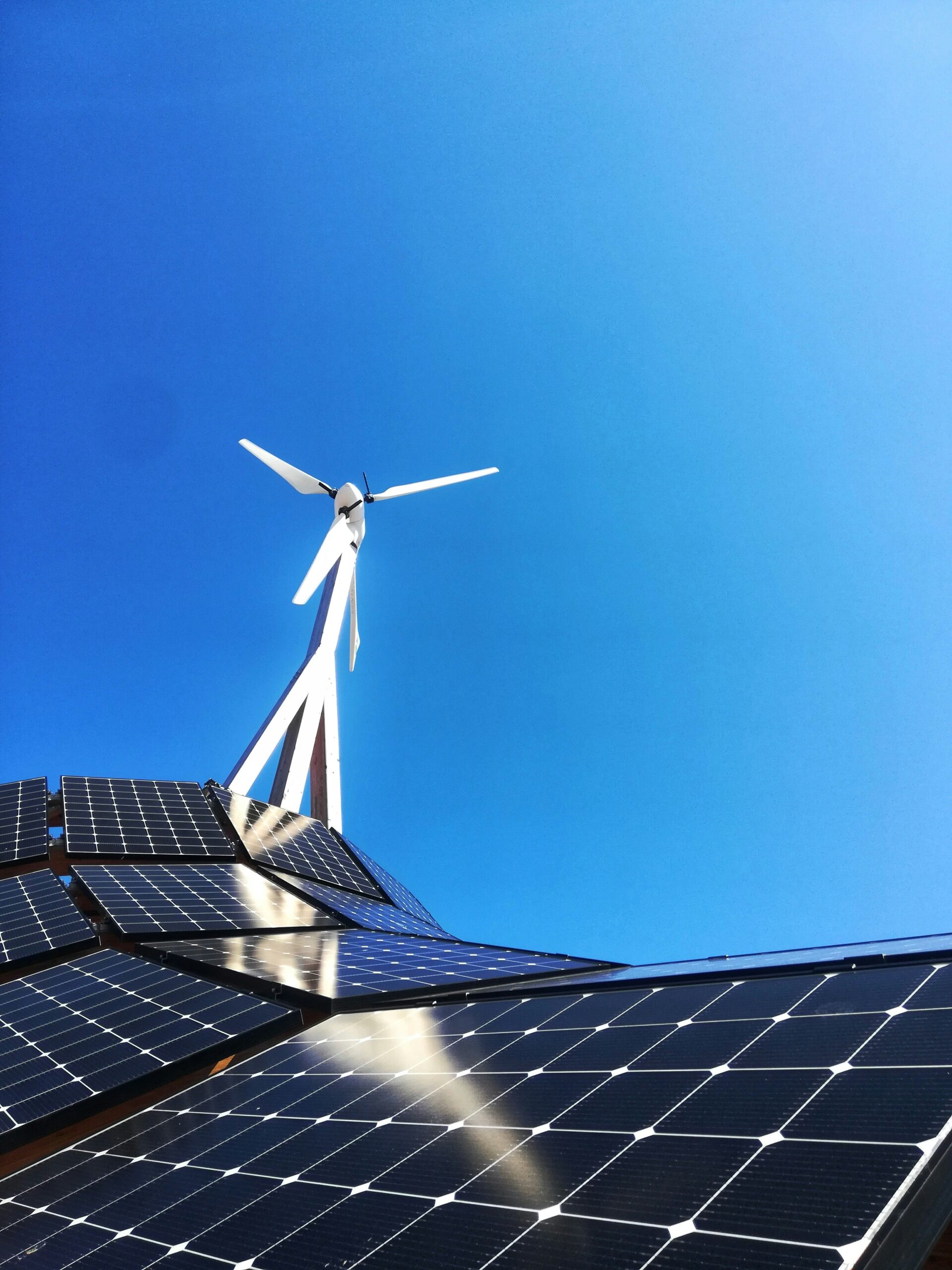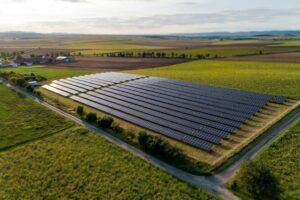Solar panels have revolutionized the way we generate electricity, harnessing the power of the sun to create clean and sustainable energy. But have you ever wondered just how efficient these panels really are? In this article, we will explore the efficiency of solar panels, shedding light on their ability to convert sunlight into usable electricity. From the factors that impact efficiency to the latest advancements in solar technology, join us as we uncover the true potential of this renewable energy source.
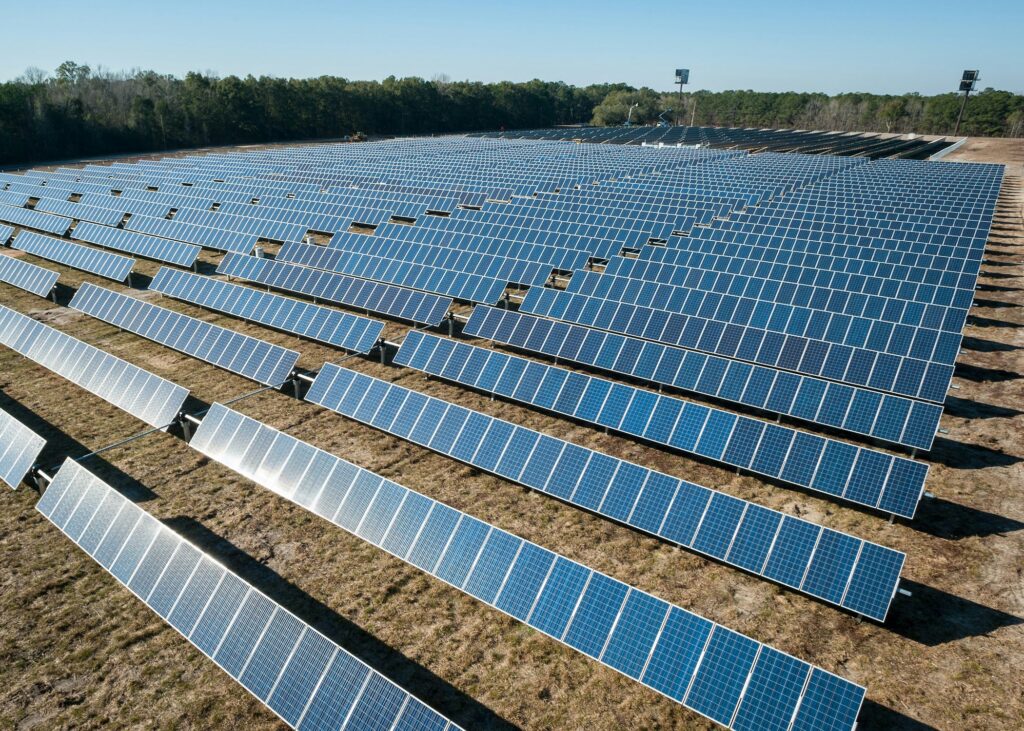
Factors Affecting Solar Panel Efficiency
Solar panel efficiency is a crucial factor when it comes to harnessing the maximum potential of solar energy. Several factors contribute to the efficiency of solar panels, and understanding these factors can help us make informed decisions when it comes to choosing and optimizing solar panel installations.
Type of Solar Panel
The type of solar panel plays a significant role in determining its efficiency. There are several types of solar panels available in the market, including monocrystalline, polycrystalline, thin-film, and bifacial solar panels. Each type has its unique characteristics and efficiency levels.
Quality of Solar Cells
The quality of solar cells is another essential factor influencing the efficiency of solar panels. High-quality solar cells have better conversion rates and are less prone to degradation over time. Investing in solar panels with superior quality solar cells can significantly impact their overall efficiency and lifespan.
Temperature
The temperature at which solar panels operate can affect their efficiency. Generally, solar panels perform better at lower temperatures. As the temperature increases, the efficiency of the solar panels reduces. This is because higher temperatures can cause increased resistance in the electrical circuits, resulting in energy losses.
Shading and Obstructions
Shading and obstructions, such as trees, buildings, or nearby structures, can significantly impact the performance and efficiency of solar panels. When solar panels are partially shaded, the shaded cells produce less electricity, reducing the overall output of the system. It is important to consider the surroundings and ensure that the panels are installed in a location with maximum exposure to sunlight.
Dust and Dirt
Accumulation of dust and dirt on the surface of solar panels can decrease their efficiency. When the panels are covered with a layer of dust, it reduces the amount of sunlight reaching the solar cells and hampers their ability to convert sunlight into electricity. Regular cleaning and maintenance are essential to ensure optimal performance and efficiency.
Panel Orientation and Angle
The orientation and angle at which solar panels are installed also affect their efficiency. In general, solar panels should be positioned to face south in the Northern Hemisphere and north in the Southern Hemisphere to maximize exposure to sunlight. Additionally, the angle of tilt should be adjusted based on the latitude to optimize the energy absorption.
Sunlight Intensity and Duration
The intensity and duration of sunlight are crucial factors that impact the efficiency of solar panels. Areas with higher solar radiation and longer periods of sunlight tend to generate more energy and have higher overall efficiency. Locations with consistent and ample sunlight are ideal for maximizing solar panel efficiency.
Wiring and Electrical Losses
Wiring and electrical losses can occur within the solar panel system, reducing the overall efficiency. Faulty wiring, resistance in the electrical connections, or inadequate insulation can lead to energy losses and lower efficiency. It is important to ensure proper installation and regular maintenance to minimize these electrical losses.
Inverter Efficiency
The efficiency of the inverter, which converts the direct current (DC) generated by the solar panels into usable alternating current (AC), is crucial for the overall efficiency of the solar panel system. Inefficient inverters can lead to significant energy losses and reduced performance. Investing in high-quality inverters with optimal efficiency can help maximize the overall efficiency of the solar panel system.
System Maintenance
Regular maintenance and monitoring of the solar panel system are vital for ensuring optimal efficiency. Periodic inspections, cleaning, and troubleshooting can help identify and resolve any issues that may affect the performance of the system. By staying proactive and addressing maintenance needs promptly, we can maintain the efficiency of our solar panel system for years to come.
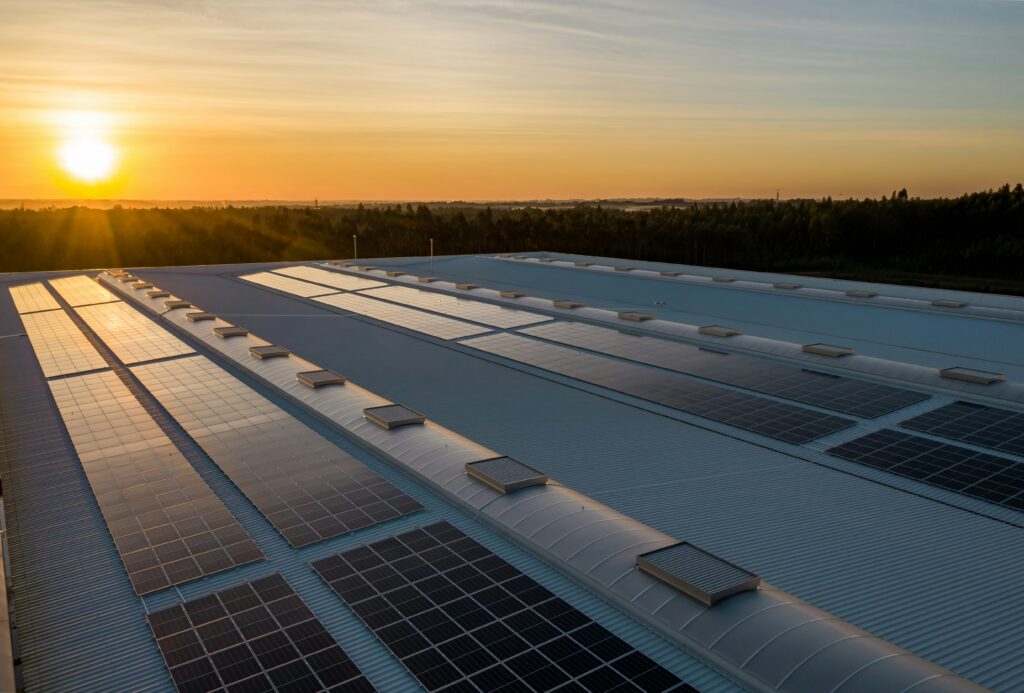
Types of Solar Panels
Solar panels come in various types, each with its own set of characteristics and efficiency levels. Understanding these different types can help determine the most suitable option for specific applications and requirements.
Monocrystalline Solar Panels
Monocrystalline solar panels are known for their high efficiency and sleek black appearance. These panels are made from a single crystal structure, typically silicon. The uniform crystal structure allows for better electron flow, resulting in higher conversion efficiency. Monocrystalline solar panels are ideal for applications where space is limited, as they offer higher power output per unit area.
Polycrystalline Solar Panels
Polycrystalline solar panels, also known as multicrystalline panels, are made from multiple silicon crystals. They have a distinctive blue appearance and are generally less expensive than monocrystalline panels. While their efficiency is slightly lower compared to monocrystalline panels, polycrystalline panels still offer a good balance between cost and performance. They are commonly used in residential and commercial installations.
Thin-Film Solar Panels
Thin-film solar panels are made by depositing multiple thin layers of semiconductor material onto a substrate. These panels are flexible, lightweight, and have a uniform appearance. While thin-film panels have lower efficiency compared to crystalline panels, they perform better in low light conditions and are more resistant to shading. They are often used in large-scale solar projects and applications where weight and flexibility are important.
Bifacial Solar Panels
Bifacial solar panels are designed to capture sunlight from both the front and back surfaces of the panel. These panels typically have transparent backsheets or glass on the back, allowing for increased light absorption and improved efficiency. Bifacial panels can generate more electricity by utilizing reflected light from the ground or nearby surfaces. They are ideal for installations with high albedo conditions, such as snow-covered areas or rooftops with reflective surfaces.
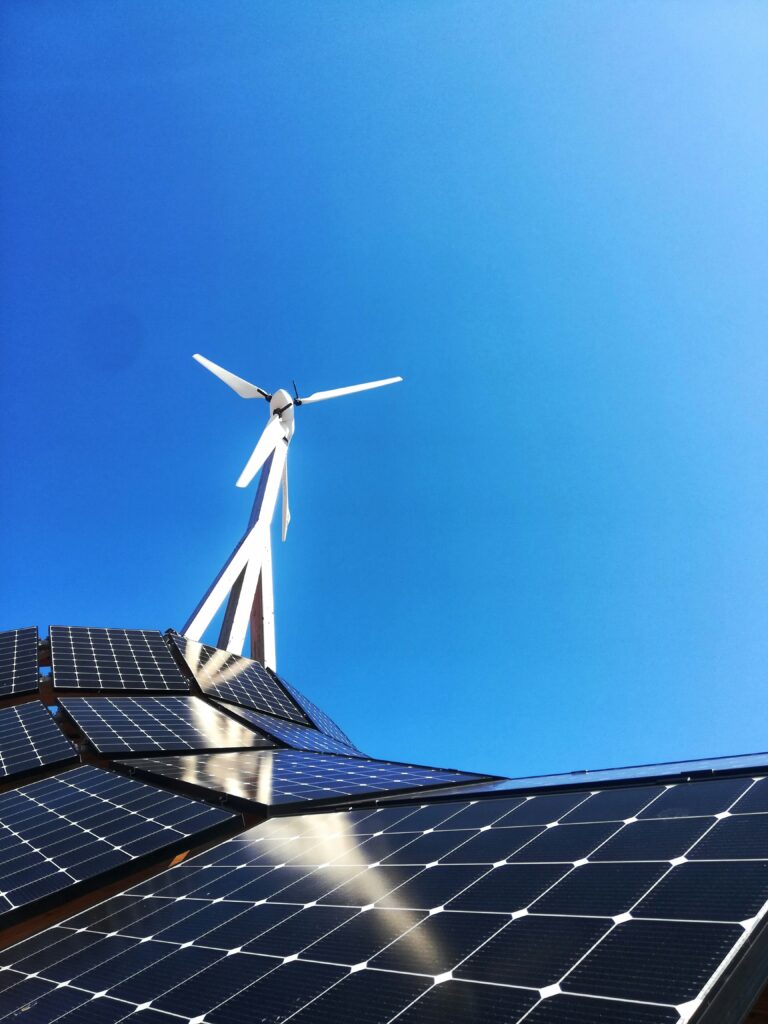
Monocrystalline Solar Panels
Monocrystalline solar panels are renowned for their high efficiency and sleek design. Here we delve deeper into their description, structure, efficiency levels, advantages, disadvantages, applications, and best uses.
Description and Structure
Monocrystalline solar panels are made from a single crystal structure, typically silicon. This crystal structure results in a uniform and smooth appearance, characterized by black or dark-blue color. The cells within the panel are made of thin wafers cut from a single silicon ingot, providing a highly efficient electron flow pathway.
Efficiency Levels
Monocrystalline solar panels have the highest average efficiency levels among all types of solar panels. Their efficiency can range from 15% to 22%, with some premium models reaching efficiency levels above 24%. This high efficiency allows monocrystalline panels to produce more power per unit area, making them a popular choice for applications with limited space.
Advantages and Disadvantages
One of the key advantages of monocrystalline solar panels is their high efficiency, which translates into a higher power output per square foot. Due to their high efficiency, monocrystalline panels require less space compared to other types of solar panels, making them ideal for residential rooftops and small-scale installations. Additionally, monocrystalline panels have a longer lifespan and better performance in low light conditions compared to other panel types.
However, monocrystalline panels do have some disadvantages. They tend to be more expensive than other types of solar panels, primarily due to the advanced manufacturing processes and high-grade silicon used. Monocrystalline panels are also more sensitive to shading, which can significantly impact their performance. Furthermore, the manufacturing process for monocrystalline panels typically produces more waste silicon compared to other panel types.
Applications and Best Uses
Monocrystalline solar panels are commonly used in residential installations, where space is often limited. Their high efficiency and compact size make them a preferred choice for rooftops and small-scale solar systems. Monocrystalline panels are also suitable for commercial applications, such as powering office buildings, schools, and small businesses. Due to their better performance in low light conditions, monocrystalline panels are often used in areas with overcast weather or limited direct sunlight.
Investing in high-quality monocrystalline solar panels can provide long-term energy savings and contribute to a greener and more sustainable future.

